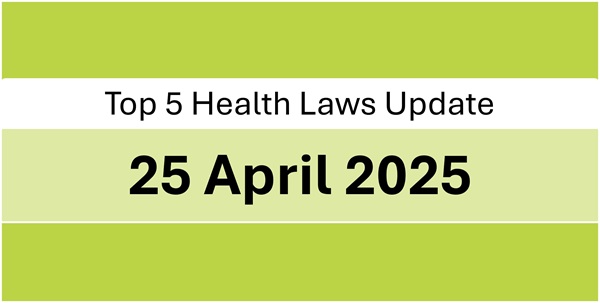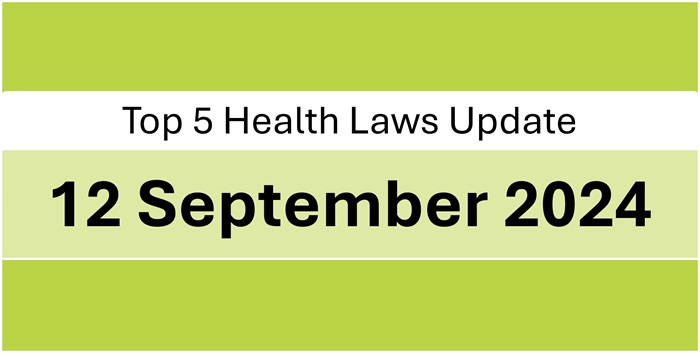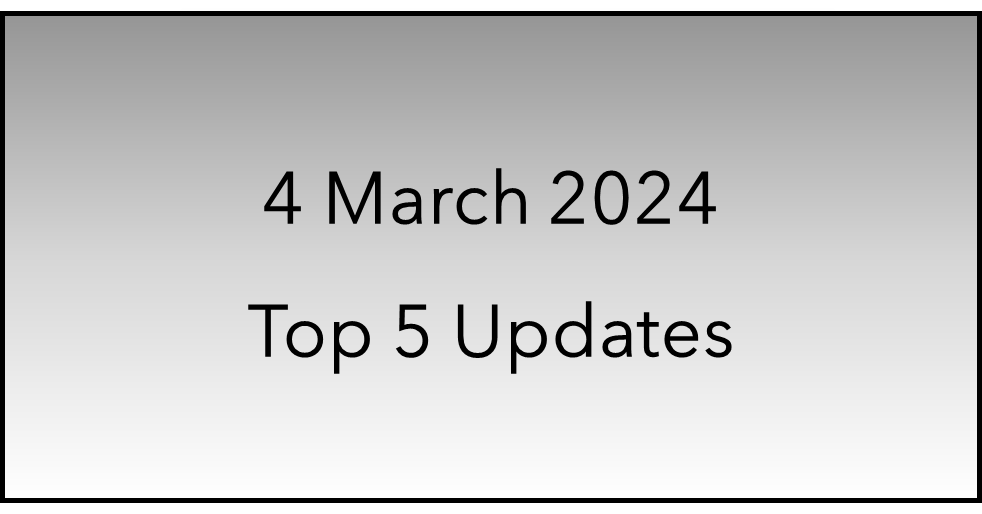Dear Readers, we are happy to share the most interesting legal and policy updates concerning health industry that we read today. we hope you enjoy reading it.
1. India’s Drugs Technical Advisory Board is reportedly reviewing a proposal to limit the sale of over-the-counter drugs. Only 27 essential medicines, including painkillers, antacids, and oral contraceptives, may be allowed without a prescription, with strict controls on dosage and pack size.
Source: bit.ly/4jqjkD0
2. Delhi High Court has upheld the Government’s move to restrict the sale of an anti-cold drug without warning labels against use in children below 4 years after April 15, 2025. For earlier batches, companies must publish notices in two national newspapers, which won’t count as advertisements or violations of license conditions.
Source: bit.ly/3SaUOK0
3. India’s drug regulator has reportedly approved eye drops aimed at controlling myopia progression in children. This pediatric formulation, the first of its kind to be approved in India, has successfully completed Phase III trials and will be available as a prescription drug.
Source: bit.ly/444JxCp
4. A group of doctors with disabilities has urged the World Health Organisation to include sunscreen in its Essential Medicines List, citing its importance for people with albinism who are highly susceptible to UV radiation. They argued that sunscreen is a vital medical need and not a cosmetic.
Source: bit.ly/44KmxJ9
5. The U.S. FDA reportedly plans to phase out several synthetic food dyes linked to health concerns like attention deficit hyperactivity disorder (ADHD) and obesity. Two dyes will be banned soon, with six more to be removed by 2026, and new natural color additives will be approved.
Source: bit.ly/3EFTFXQ



